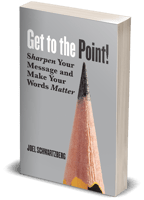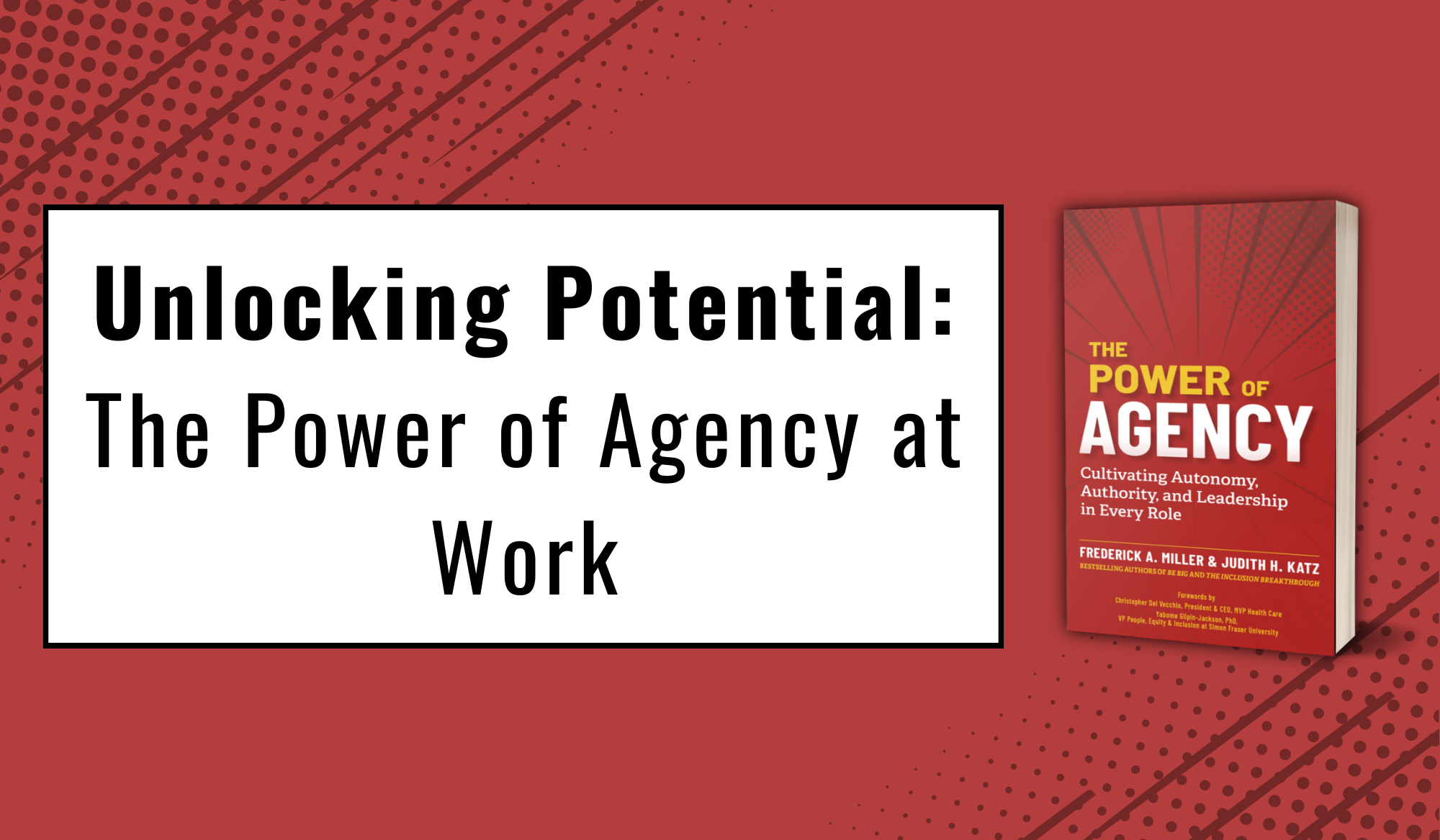A business conference is a carnival of opportunities, but few attendees scratch the surface of potential benefits.
If you think it's all about attending the sessions, you're not getting the full benefit of the conference. Being a passive listener has its advantages, but it is not nearly as meaningful being an active (and brave) participant. Recognizing those opportunities is only the beginning — it is crucial to act on them. If you're not sure how to step up and take advantage at your next conference, here are some ideas.
Maximize the value of your next conference
1) Get on stage
If you're qualified to attend a conference, chances are good that you're at least qualified to be on a panel. Identify conferences in your industry six months in advance, contact the conference organizer, and pitch yourself as a panelist or speaker. You have nothing to lose, and everything to gain as a speaker.
By speaking at a conference, you will increase the value of your attendance in three key ways:
- Exposing your company and brand to many people at once through your elevated presence
- Sharing key messages with potential clients and partners through your points
- Very often, having your registration covered or offered at a significant discount, saving your company hundreds of dollars
2) Ask questions during sessions
Waving your hand for that traveling microphone is not just a way to get an answer to a spontaneous question. It's also a way to build brand exposure, deliver critical messages, and pose questions that can inspire people to seek you out.
When you take the mike, always do the following:
- Clearly say your name and the name of your company.
- Start by sharing a positive insight into your own business: "At [my company], we've found that [idea] is typically an effective approach to [achieving goal], so my question is…"
- Stay standing while the speaker addresses your question to sustain your exposure in case people want to find you later.
3) Introduce yourself at social events
You've heard the phrase about school: "Education is what happens between classes." A similar axiom is true about conferences: "You may benefit more from what happens between, before, and after sessions as you do during them."
Capitalize on those moments by (leaving your hotel room and) bravely introducing yourself to individuals or groups with similar interests or industries as yours. Don't worry about interrupting conversations. The event is designed to foster new interactions. No one should be offended if you insert yourself by asking, "Do you mind if I join your conversation?" More often than not, the group will be happy for your insight.
4) Dress for success
Just like in a job interview or a client pitch, how you come across to a fellow conference attendee can have a significant impact on what happens next. For all you know, that person could be your next client, partner, or boss. Ditch the jeans and sneakers and apply "business casual" standards to every and all events, whether on the program or off.
Dressing for success also means bringing ample business cards and having them constantly accessible. Don't end up fishing in your wallet or purse as if searching for a piece of gum. You'll never feel more foolish than when someone asks for your card and you don't have any.
5) Live-tweet the event using the event #hashtag
Live-tweeting using the official hashtag is another way of exposing yourself and your business to many people at once. If what you say is substantial (Note: "Great speaker at XYZ Conference!" and "Having a great time at XYZ Conference!" are not), people may visit your online profile and choose to follow you on Twitter and/or LinkedIn. The best conference tweets explain why a presentation was valuable, not just "I'm here!"
6) Follow up… soon
Treat the people you meet and the speakers you see as if they have the attention span of a teenager - of course you'll remember them, but they may not remember you. So, follow up immediately with an email expressing appreciation for the interaction and asking to stay connected. If you reach out on LinkedIn, remind them that you met at the conference.
It could be the start of a relationship that proves to be exponentially more valuable than the registration price you never paid.
 Joel Schwartzberg is Senior Director of Strategic and Executive Communications for a major American nonprofit, a frequent conference speaker, public speaking trainer, former national champion public speaker, and author of Get to the Point! Sharpen Your Message and Make Your Words Matter.
Joel Schwartzberg is Senior Director of Strategic and Executive Communications for a major American nonprofit, a frequent conference speaker, public speaking trainer, former national champion public speaker, and author of Get to the Point! Sharpen Your Message and Make Your Words Matter.




